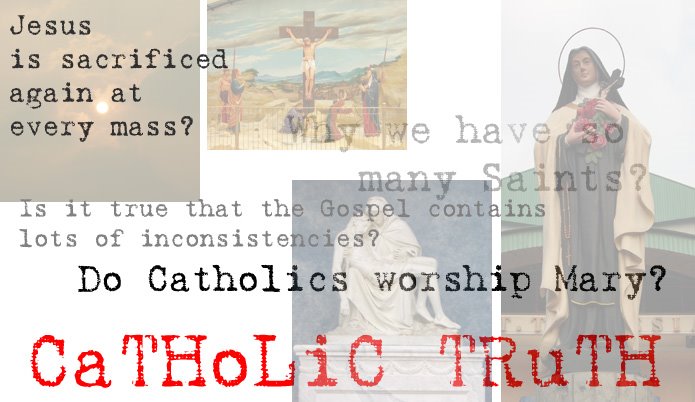 Just now, I talked to my friend about my plan of writing a book. I told her that I want to write spirituality book about Circus and how we could learn from them. But she thought I was having fever! That was RUDE! Actually, I can't blame her, it sounds a little bit funny. I'll write an introduction in the next few paragraphs.
Just now, I talked to my friend about my plan of writing a book. I told her that I want to write spirituality book about Circus and how we could learn from them. But she thought I was having fever! That was RUDE! Actually, I can't blame her, it sounds a little bit funny. I'll write an introduction in the next few paragraphs.The whole idea about the Circus started when I listen to Don't Cry Out Loud by Diana DeGarmo.
Baby cried the day the circus came to town
'cause she didn't want parades just passin' by her
So she painted on a smile and took up with some clown
While she danced without a net upon the wire
I know a lot about her 'cause, you see
Baby is an awful lot like me
Don't cry out loud
Just keep it inside, learn how to hide your feelings
Fly high and proud
And if you should fall, remember you almost had it all
Baby saw that when they pulled that big top down
They left behind her dreams among the litter
The different kind of love she thought she'd found
There was nothin' left but sawdust and some glitter
But baby can't be broken 'cause you see
She had the finest teacher-that was me-I told her
I tried to reflect on the song and get to the scenario. It gives me a whole new perspective of Circus. I'm no longer the audience, but I am part of the troupe. I imagine them travel around as a community (a troupe) and they create larger community with the audience. So they are able to bring people together (to watch them perform) and when they perform they invite the audience to have the sense of unity through togetherness, laughters, applause, etc.
When we come back* to Mass, we might not know who the person sitting next to us but we come as a community of God's people. Singing/reciting in unison expresses the sense of unity in the Church. As we are amazed with the Circus, we should also be awed (correct verb?) with what happens on the altar. We are brought back to the Calvary! foot of the Cross! What happened 2000 years ago is happening again at Mass. I don't think anyone could understand fully how this happens. Not too worry, it's a mystery of faith. We shouldn't try to understand it with our brain. We should give our full attention to what happen; how the bread and wine change to body and blood of Christ during the consecration.

In the Circus, my favourite is Flying Trapeze. It's simple perfomance and yet elegant. They don't even need to talk when they do the acts, yet people still pay full attention to them. Well, they really need to work together, because there's a danger that the flyer could fall. So between the flyer and the catcher there must be trust. The flyer have to trust the catcher completely; that he will be able to catch, thus prevent him from falling. When there is mutual trust, the flyer could fly freely without being afraid that the catcher will fail to do his job.
Reflection: Can we trust God completely that he will be able to catch us when we fall? Do we still have doubt in mind when we 'fly'? Or we don't trust Him at all that we refuse to fly freely?
You might not be able to relate with the Flying Trapeze, don't worry, because there is always a clown! People love clown, probably because they could see themselves in him. A failure, a joker, you name it! The clown implicitly tells us that it's okay to fail, to make mistake, to laugh at ourselves. Actually, the clown doesn't do the perfomance alone. He needs audience (community) to support him, he'll be a BIG failure if he fails to bring smile and laughters to the audience. The audience is made up of different people who come for different reasons. There are people who come to laugh at the clown, but there are those who come to laugh with the clown because they could see themselves doing the foolish things that the clown does.
After writing so much, I don't know whether you can understand what I wrote. If you could understand half of it, then it's more than good already. =)
*I used the word 'come back' because we are sent out to the world in the Mass (Go...), thus when we attend Mass, we actually come back to Mass.



